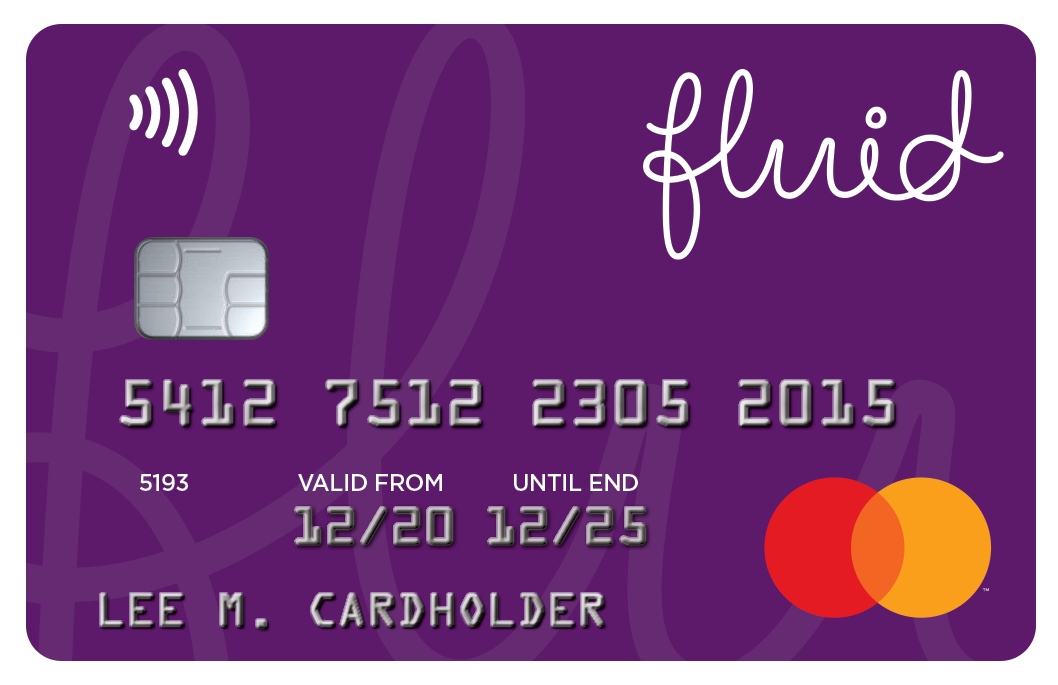What is a balance transfer?

What is a balance transfer?
Balance transfer cards can help you get debt under control by reducing the amount of interest you have to pay. This can be a great way to save money and pay off what you owe more quickly.
What is a balance transfer card?
A balance transfer card lets you shift balances from existing credit cards to another credit card charging a lower rate of interest, or in many cases, 0% for a set period of time.
There is usually a fee charged for transferring to the new card which might be up to 5% of the total transferred. It’s important to factor this fee into your calculations when working out how much you could save by transferring.
Even if you have a poor credit score, you may be able to get a balance transfer card – albeit with a shorter interest-free period.
How does a balance transfer card work?
Using a balance transfer card which offers a 0% interest free period means that you won’t pay any interest on the transferred balance, so with each monthly repayment every penny you repay goes towards clearing the debt. This can help you clear what you owe more quickly.
Can I transfer more than one balance?
You can shift balances from more than one existing credit card to a balance transfer card. You just need to ensure the total doesn’t go over the credit limit on your new piece of plastic.
Generally speaking, you can transfer debt up to 90% of the available limit, so if the credit limit is £1,000, you can transfer up to £900.
Check the T&Cs
To take advantage of the introductory offer, you will usually need to make the transfer within a set amount of time, typically within 60 or 90 days of getting the card.
Note that you won’t usually be able to transfer balances from cards within the same banking group.
Watch out for balance transfer fees
This fee could be up to 5% of the balance you want to move. So if, say, you had a debt of £1,000, it could cost you £50 to transfer.
While some cards come with zero balance transfer fees, these tend to offer shorter periods at 0% on your balance.
Don’t forget other fees
Be aware that you are likely to be charged a fee if you miss a payment or go over your credit limit. Always make payments on time and never exceed your limit.
Note down when any introductory offer ends
Make a note of when the promotional period ends and aim to clear your balance in full by then.
Tips to help you avoid costly mistakes:
Make sure the offer is right for your needs
Take the time to go through the small print to ensure you understand the fees charged, the transfer limits, and details of any promotional offer.
Double check providers
Check that the switch you are planning is permitted, as you are not allowed to transfer a balance from one card to another in the same banking group.
Check your eligibility before applying
Before making a formal application, make use of an eligibility checker tool. This will show you how likely you are to be accepted, without harming your credit score.
You should avoid making lots of applications for credit in a short space of time, as this could set the alarm bells ringing with lenders, who may think you are in financial difficulties, and may as a result turn you down.
Check your credit rating
Even though a headline rate may look very attractive, you may not qualify if you have blemishes on your credit file. You may be given a shorter interest-free period than the one advertised. Check your credit report to make sure the information is up to date and that there are no errors.
Repay more than the minimum
Be disciplined about making at least the minimum repayment each month, and more when you can afford it. Aim to repay the debt in full before the end of the 0% offer period.
Fail to pay the minimum, and you could face a missed payment fee and risk having your 0% deal withdrawn. You will also damage your credit record. Set up a direct debit to make all payments when they are due. Better still, clear your bill in full each month, and you won’t pay any interest at all
Watch out for other usage charges
While you can use a balance transfer card for purchases, you may get charged interest right away on spending. Try to avoid this unless your card offers 0% on both balance transfers and purchases.
Don’t use a credit card to take money from a cash machine as you’ll usually get charged interest from the moment you make the withdrawal as well as a cash advance fee. Also beware of fees for using your card abroad.
Note down when the introductory deal ends
Aim to pay off what you owe by this time or be ready to search for a new 0% balance transfer deal. The interest charged at the end of the offer period is often at a much higher rate. Tread carefully, though, as switching your balance from card to card could eventually harm your credit score.
See if you'll be accepted before you apply
Quick and easy to fill in your details.
Get a response in 60 seconds.
No impact on your credit rating.
Check Eligibility

34.9% APR
Representative (variable)
Don't forget
Use your card sensibly — if you don’t make repayments on time or stay within your credit limit you will pay extra charges, forfeit the 0% offer and getting credit in the future may be harder and more expensive.